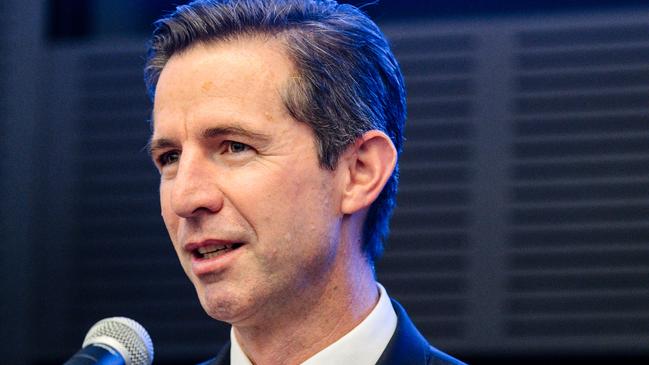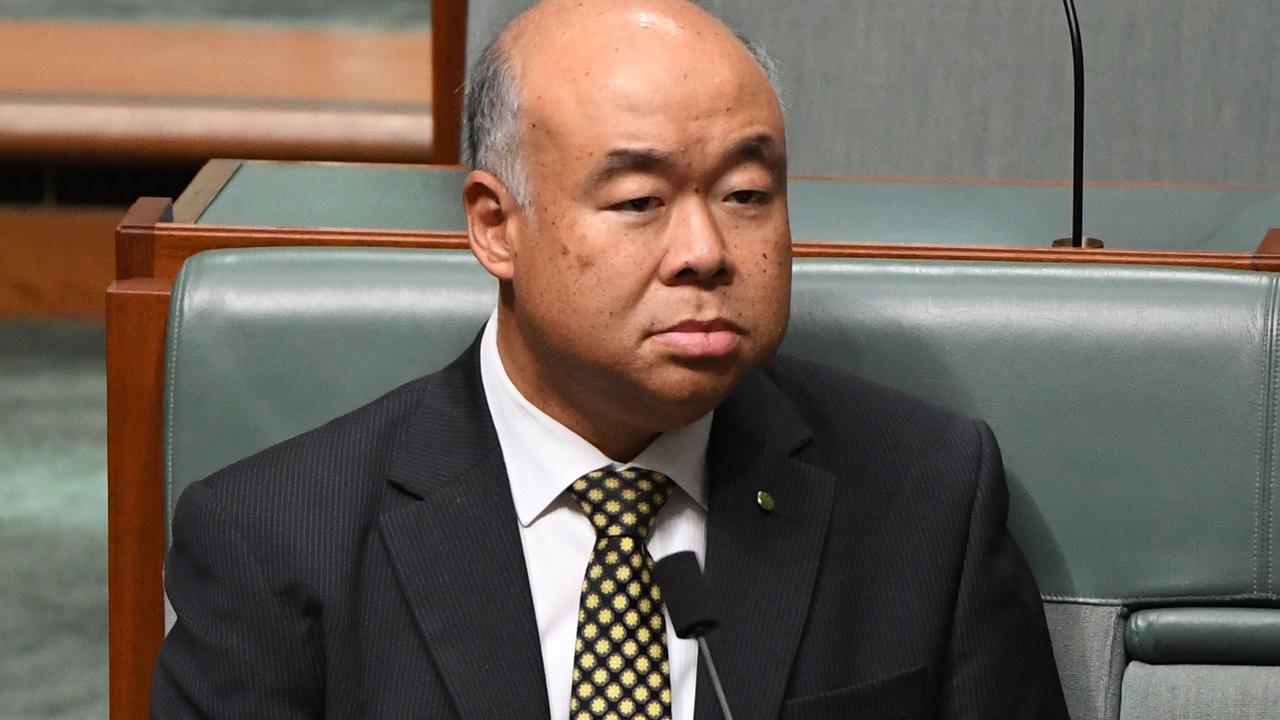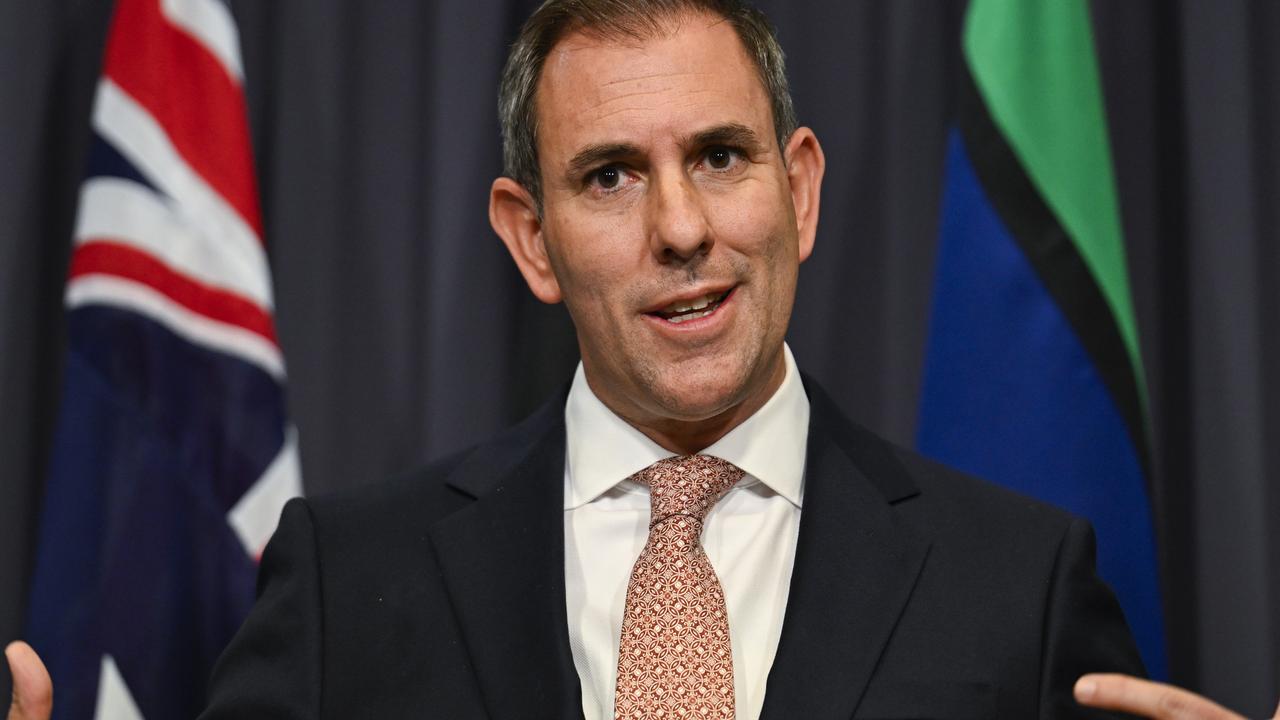China and Covid to weigh heavily in budget calculations
Josh Frydenberg has identified the ‘global strategic environment’ and impacts of the pandemic as his greatest concerns ahead of next week’s budget.

Josh Frydenberg has identified the “global strategic environment” and impacts of the pandemic as his greatest concerns ahead of next week’s budget, which will outline Treasury’s key assumptions around the vaccine rollout and resumption of international travel.
The Treasurer said the country’s economic partnership with China was “very important … but also very challenging”.
“We don’t take a step back from our national interest. Whether it’s foreign investment, foreign interference, human rights or other national security questions. But it’s no secret it’s a relationship that is under pressure,” he said.
“COVID will be around for some time to come, just like stresses and strains in the geo-strategic environment will be as well.”
Beijing this week suspended an annual meeting with Mr Frydenberg and Trade Minister Dan Tehan and stalled the China-Australia Strategic Economic Dialogue after the Morrison government last month scrapped Victoria’s Belt and Road deal and launched a review of the 99-year lease of the Port of Darwin by Chinese company Landbridge.
After a year dominated by record spending on COVID-19 and bushfire support packages, and three major economic statements between July and December, Mr Frydenberg said: “Treasury will tell you there has never been as much decision-making both in terms of size, scale and frequency.”
Finance Minister Simon Birmingham this week said international borders would not “be flung open with ease” at the start of next year amid concerns about outbreaks across the Indo-Pacific region and the speed of the vaccine rollout.
Senator Birmingham confirmed the government was taking a cautious approach to the reopening of Australia, with international coronavirus outbreaks forcing a reshaping of the country’s outlook.
In the October 6 budget, Treasury assumed a gradual return of international students and permanent migrants through the “latter part of 2021”. But with most states adopting more sensible approaches to COVID-19 lockdowns and border restrictions, Mr Frydenberg said federal economic support programs like JobKeeper had effectively underwritten “a number of decisions the states took”.
“I think there’s a greater sense of proportion from some of them,” he said.
While Western Australia remains the most aggressive in its response to outbreaks, the NSW government this week introduced targeted restrictions but did not order a lockdown following two cases of community transmission.



To join the conversation, please log in. Don't have an account? Register
Join the conversation, you are commenting as Logout